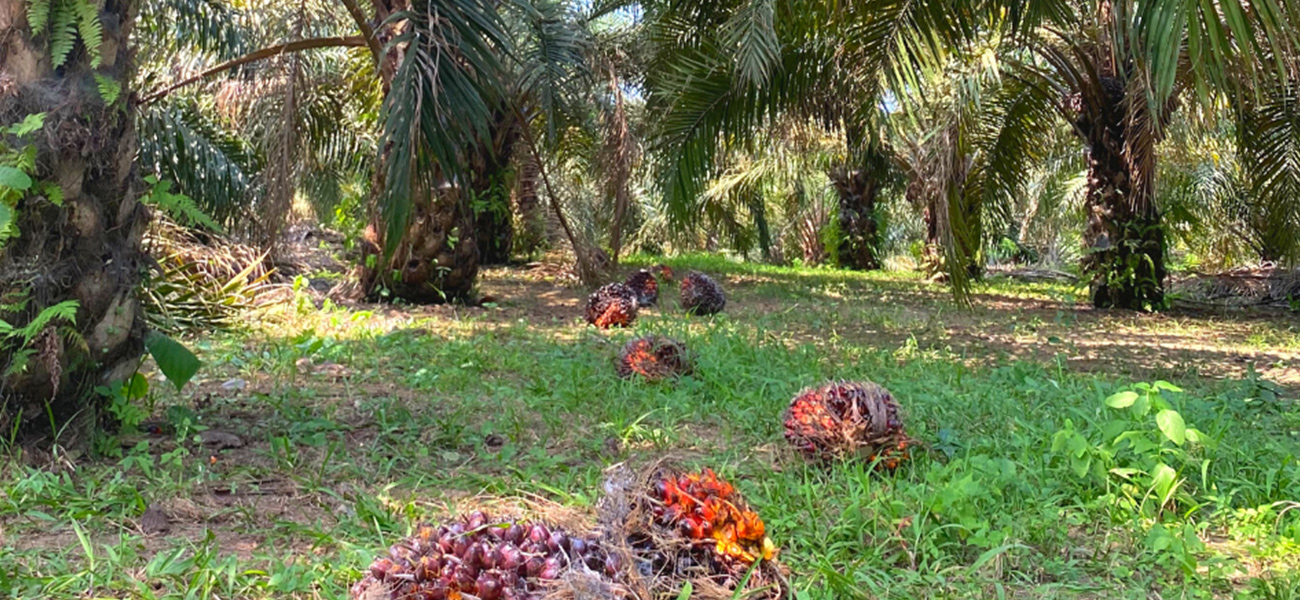Published on: February 4, 2021
In a recent article the oil palm was presented as a Shiva of the modern consumer economy, “a great creator and a great destroyer”. The article explains how oil palm created and continues to create wellbeing for millions of people by contributing to developing local economies and eradicating poverty. But, as we know, the fast development of the sector has turned the oil palm into a destroyer as well, encroaching into natural ecosystems.

The article explores one way to reset our relationship with the oil palm, finding an approach to produce more oil on less land. Important, considering the projected growing worldwide demand for vegetable oil. The other side of rebooting our relationship with palm oil is raising the bar on what palm oil production should look like. We must voice what we expect, instead of voice what we reject.
Narrow perspective
Passionate as we are about the causes we advocate, and mindful in many of the choices we make, most of us are not aware of the impact of the current conversations about palm oil. A focus on destruction and exploitation, what we reject, has to lead to a growing number of consumers dismissing the use of palm oil in their food and personal care products. They believe that avoiding palm oil is a solution to halt deforestation. In turn, manufacturers responded by reformulating their products using alternative ingredients, declaring it palm oil-free. Problem solved. But the global implications of these choices are not taken into consideration.
Market dynamics
Worldwide demand for vegetable oil will grow in the future. With China and India, the biggest importers of palm oil, leading the pack. As a recent article in Wall Street Journal pointed out, “Chinese consumers are cooking more and increasingly use vegetable oils rather than animal fat”, leading to “China’s August-December (2020) increase in palm oil imports — up 9% from a year earlier.”
The palm oil that we are increasingly rejecting, for environmental reasons, finds its way to the Indian and Chinese markets easily. Turning away from palm oil as an ingredient in our products has no negative volume implications for growers at all. Instead, it has implications for forest and social protection, since China and India have only a few demands when it comes to production practices. With no incentives for growers to produce sustainably, the net effect of the palm oil-free movement is far from positive.
Shared vision
Rebooting our relationship with palm oil means we establish a new beginning around a shared vision. On the production side, this new beginning started sixteen years ago when the Roundtable on Sustainable Palm Oil (RSPO) was established. The RSPO started setting a standard for the sector, uniting the industry around the shared vision to make sustainable palm oil the norm. We started our Palm Done Right journey eleven years ago, committed to supplying markets with 100% organic, deforestation-free, wildlife-friendly, fair & social palm oil. And there are other initiatives around the world, like the Palm Oil Innovation Group and the Tropical Forest Alliance, to name a few. All dedicated to raising the bar on sustainability, igniting the creator side of oil palm, and eradicating its destroyer side.
What you can do
On the market side, we also need to establish a new beginning. This starts with opening our eyes to the new reality of palm oil, the reality of sustainable production and development. There is an abundance of good examples, with a growing number of farmers committing to good practices. Stop thinking that you will save tropical forests when you buy palm oil-free crackers, nut butter, and soap. The palm oil you are dismissing simply ends up in a cupboard in other places in the world. Instead, raise your voice and demand that brands and retailers know what you expect.
Written by Monique van Wijnbergen, Natural Habitat’s Sustainability & Corporate Communications Director and spokesperson for Palm Done Right.
Palm can be grown for good, bringing benefits to:
Together, we can influence change for: